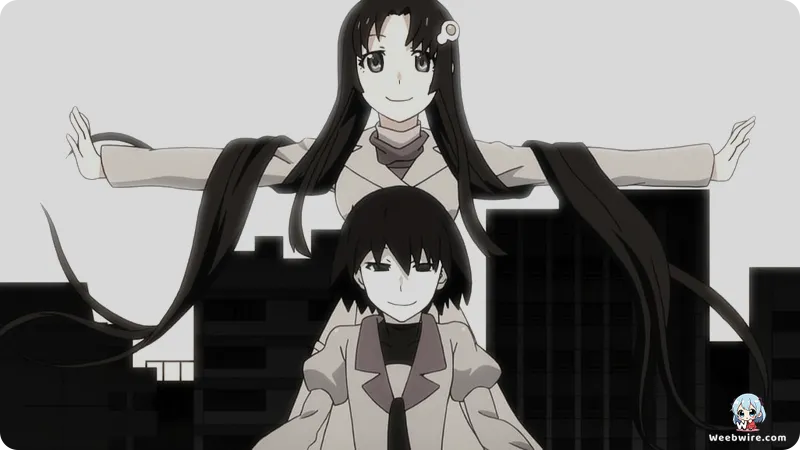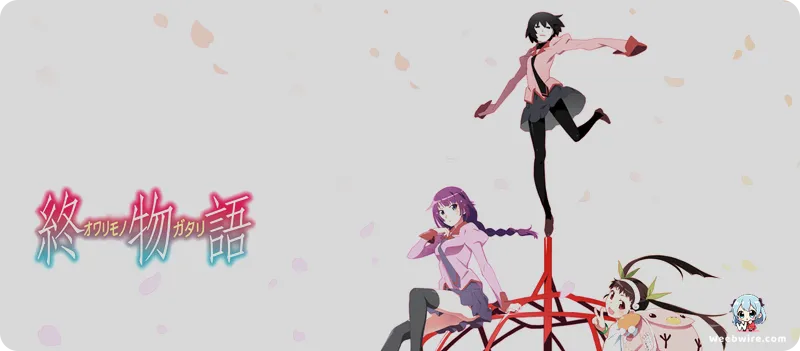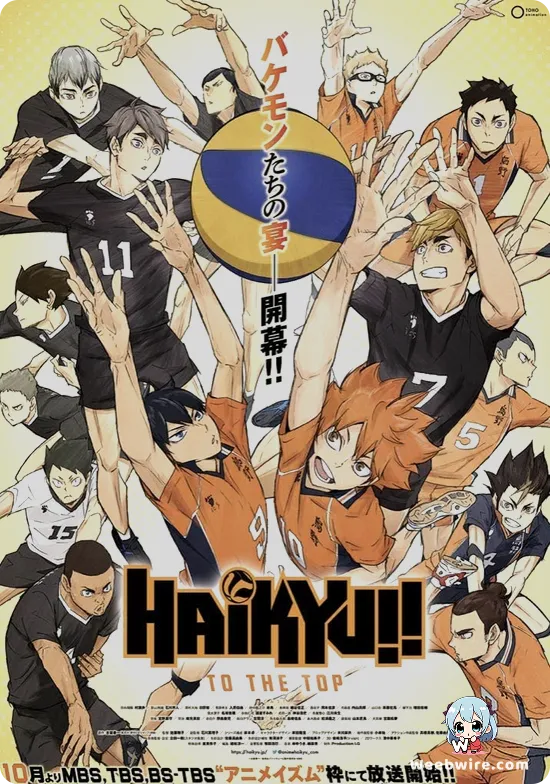Beyond the Ending: 'Owarimonogatari' Explores Profound Psychological Mysteries with Signature SHAFT Style

"Owarimonogatari," a pivotal arc in the acclaimed Monogatari series, launched in October 2015, far surpasses a typical supernatural adventure. Animated by the distinctive Studio SHAFT, this meticulously crafted narrative plunges into psychological mystery, philosophical conundrums, and the very essence of identity. It serves as a crucial bridge within the Monogatari universe, resolving long-standing enigmas and introducing some of the series' most complex characters. Despite its "End Story" title, "Owarimonogatari" is an intricate puzzle piece, vital for comprehending NisiOisiN's unique universe, celebrated for its subtle nuances and profound insights.
The Enigmatic Ougi Oshino
Central to its brilliance is the enigmatic Ougi Oshino. Claiming to be Meme Oshino's niece, Ougi functions as a meta-narrative force, embodying Koyomi Araragi's self-deception and darker impulses. Her androgynous appearance and unsettling smirk generate constant psychological tension. The name "Ougi" itself cleverly plays on "fan" (fanning conflict) and "secret/mystery" (uncovering hidden truths). Ougi orchestrates situations compelling Koyomi to confront his flaws, acting as a mirror reflecting the human psyche's less appealing truths. She is a philosophical tool, challenging perceptions of good and evil and exposing manipulation by internal biases.
Sodachi Oikura's Mathematical Trauma
Equally compelling is Sodachi Oikura, whose tragic past is intrinsically linked to mathematics. Her arcs, "Sodachi Riddle" and "Sodachi Lost," ground the narrative in a raw human experience of trauma and betrayal. For Sodachi, mathematics is a potent metaphor for her emotional state, representing order, logic, and a desperate quest for undeniable truth amidst chaos. Her obsession with "correct" answers mirrors her inability to reconcile with a traumatic childhood, particularly abandonment and perceived betrayal. The series ingeniously weaves mathematical puzzles into the plot, illustrating Sodachi's analytical mind and her struggle for a logical solution to emotional pain. This unique approach explores memory, perspective, and subjective truth, highlighting that even amidst anomalies, human psychological scars can be the most profound.

Studio SHAFT's Distinctive Animation
Studio SHAFT's signature animation reaches new heights in "Owarimonogatari," perfectly complementing its psychological depth. Abstract backgrounds, rapid-fire text overlays, deliberate camera angles, and the iconic "SHAFT head tilt" are integral storytelling components, not mere stylistic choices. Minimalist environments emphasize internal struggles, while quick cuts and text flashes create urgency, mirroring characters' mental states. Director Akiyuki Shinbo's influence is palpable, with unconventional framing and shifting color palettes reflecting mood and tension, particularly in Ougi's scenes. This visual bravado makes "Owarimonogatari" an immersive artistic experience, conveying the feeling of the story and drawing viewers into complex themes of identity, memory, and truth.
Narrative Depth and Philosophical Exploration
Despite its title, "Owarimonogatari" is a crucial mid-point, meticulously filling narrative gaps and providing foundational context for earlier events, particularly Koyomi's middle school years. This temporal flexibility explores the origins of Koyomi's issues, masterfully weaving fragmented timelines to emphasize the unreliability of memory and subjective perception. The "Ougi Formula" arc further delves into metaphysical underpinnings, exploring anomalies born from human emotions and suppressed desires. This intense philosophical discourse, supported by nuanced voice acting from Hiroshi Kamiya, Kaori Mizuhashi, and Marina Inoue, solidifies "Owarimonogatari" as an intellectually rewarding psychological thriller and supernatural drama. It stands as a testament to the series' ambition, captivating and challenging its audience to engage in profound introspection.
Credits
Owarimonogatari
Author
NisiOisiN
Cover Art
VOFAN
Studio
Shaft
Publisher
Kodansha
Producers





